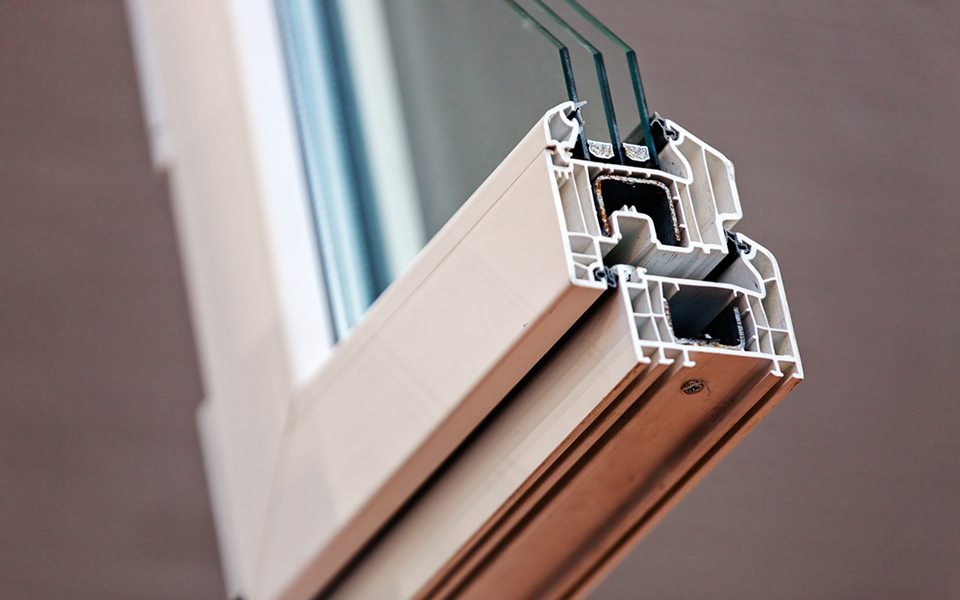Superior Noise Reduction with Our Windows
Experience unparalleled noise reduction with our high-quality double-glazed windows. Designed to minimise sound transfer, our windows provide peace and quiet in your home. Whether you are dealing with traffic noise, noisy neighbours, or urban sounds, our noise reduction windows offer an effective solution.
Advanced Glazing Solutions for Soundproofing
Our glazed windows are engineered with advanced sound-cancelling technology. Featuring triple-pane and double-pane options, they block external noise effectively while enhancing energy efficiency. By using multiple layers of glass and specialised insulating gaps, our noise-blocking windows reduce unwanted sound transmission, ensuring a quieter indoor environment.
Why Choose Blue Sky Windows for Noise Control?
As a trusted supplier in Melbourne, Australia, Blue Sky Windows offers custom noise reduction solutions tailored to your needs. Our double- and triple-glazed windows not only enhance soundproofing but also improve thermal insulation, helping you maintain a comfortable indoor temperature. From glass selection to expert installation, we ensure every detail meets the highest standards.
Affordable and Effective Noise Reduction Options
Discover cost-effective noise-reduction solutions with our range of double-pane and triple-pane windows. Whether you are looking for high-performance noise cancelling windows for your home or sound reducing windows for commercial properties, we have options that fit your budget. Enjoy the benefits of advanced noise reduction without compromising on style, quality, or affordability.
At Blue Sky Windows, we combine innovation with premium materials to create superior noise reduction windows that enhance your living space. Contact us today to explore our range of noise-blocking solutions tailored to your specific needs.

